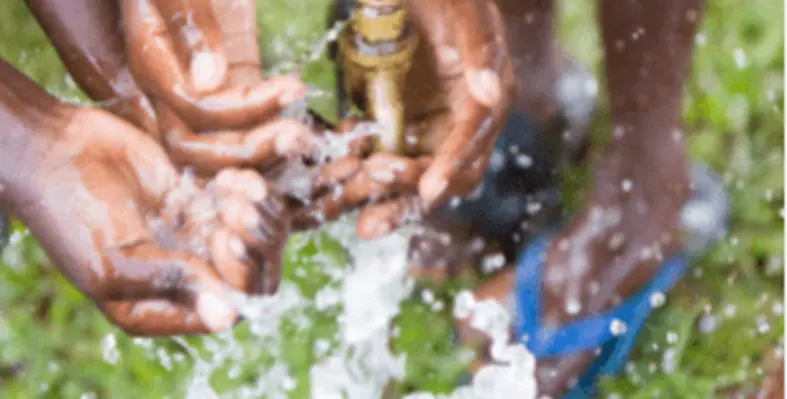Siemens has signed a MoU with HELIOZ, a social enterprise company that is active in the field of water disinfection and development of climate projects, to provide safe drinking water to the marginalised Sudanese residents of Khartoum, where there is no access to potable water
Recognising the dire need of clean drinking water in many parts of Sudan, Siemens has engaged with HELIOZ to contribute to changing the water crisis, by sponsoring a “WASH” campaign aimed at providing a solution that will deliver drinkable water to these marginalised communities in Khartoum.
“Clean drinking water is an essential and basic human right. Communities having reasonable access to clean water promote better health, while preventing the spread of easily avoidable diseases. This solution that we’re bringing to the people of Sudan will provide an improved way of life and will add value to our people,” said Sabine Dall’Omo, CEO of Siemens, southern and eastern Africa.
The project, which is developed by HELIOZ will be rolled out to beneficiaries in two phases. The initial stage will be implemented in the disadvantaged areas of Greater Khartoum where access to safe water is a major challenge. In a second step, Siemens and HELIOZ aim to extend the initiative to Kosti in White Nile State where Siemens is already engaged in the upgrade and renovation of two schools.
The technology to be utilised is based on an environmentally friendly method of Solar Water Disinfection with UV-indicator called WADI. WADI, which has been tested and approved by the World Health Organization (WHO), as an effective method for household water, was specifically designed by HELIOZ for communities that require an easy-to-use solution for water disinfection. The solar-powered device not only provides people with safe water to drink, it also has a positive impact on the environment.
“Business exists to serve society and helping the societies in which we operate is part of our core value at Siemens. Our collaboration with HELIOZ on this project solidifies our commitment to address basic human needs and essential infrastructure for the advancement of communities and regions we operate. Positively impacting the quality of life of people in our regions is crucial to us,” concluded Sabine.












